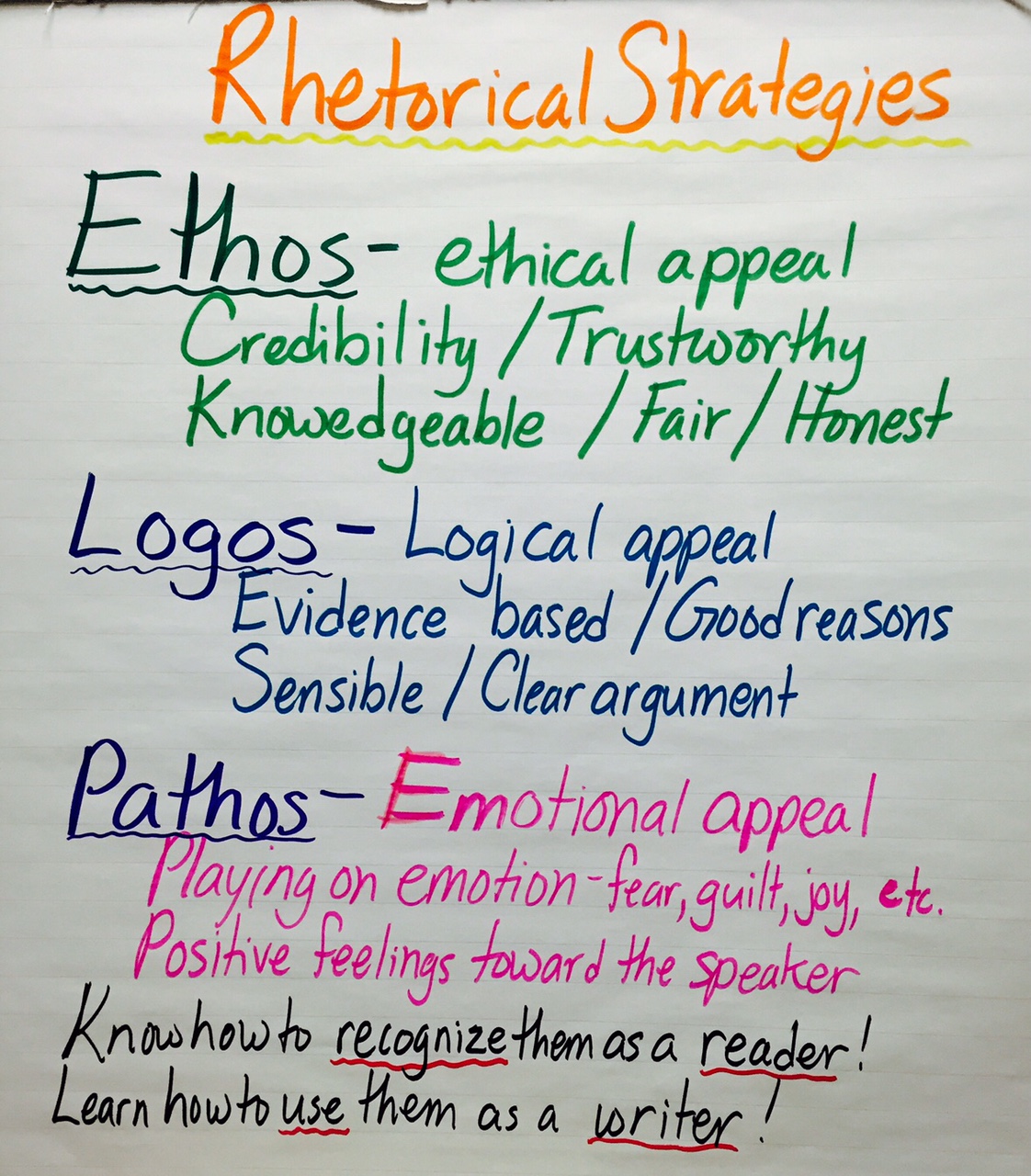Introduction to Ethos
In the realm of rhetoric and persuasive communication, ethos stands out as a fundamental concept. Ethos, derived from the Greek word meaning "character," refers to the credibility or ethical appeal of the speaker or writer. It is one of the three modes of persuasion identified by Aristotle, alongside pathos (emotional appeal) and logos (logical appeal). When a communicator effectively utilizes ethos, they can significantly influence their audience's perception and increase the persuasiveness of their message. In this article, we will explore various ethos examples, understand how they function, and learn how to apply them effectively.
Understanding Ethos through Historical Examples
Throughout history, many great leaders and speakers have employed ethos to enhance their persuasiveness. One notable example is Martin Luther King Jr., who skillfully used his reputation as a moral leader to advocate for civil rights. His ethos was built on his commitment to nonviolent protest and his deep religious faith, which resonated with diverse audiences. Similarly, Mahatma Gandhi's ethos was rooted in his dedication to nonviolence and truth, which garnered him widespread respect and credibility. These historical figures demonstrate how ethos can be a powerful tool in shaping public opinion and driving social change.
Ethos in Modern Advertising
In today's world, ethos plays a crucial role in advertising and brand promotion. Companies often leverage the credibility of celebrities or experts to endorse their products. For instance, when a renowned athlete endorses a sports drink, their established reputation lends credibility to the brand, persuading consumers to trust the product. Similarly, healthcare companies use medical professionals in their advertisements to enhance their credibility and assure customers of the product's efficacy. By associating their products with trusted figures, brands effectively utilize ethos to build trust and influence consumer behavior.
Read also:Jimmie Walkers Net Worth Behind His Financial Success
Ethos in Political Communication
Politicians frequently rely on ethos to connect with voters and gain their trust. A politician's credibility can be established through their experience, integrity, and alignment with the values of their constituents. For instance, a candidate with a long history of public service and a clean ethical record may be perceived as more trustworthy by voters. Additionally, politicians often share personal stories or testimonials to humanize themselves and build a relatable ethos. In political debates, candidates may emphasize their expertise on certain issues to bolster their credibility and persuade the audience of their competence.
Ethos in Academic Writing
In academic writing, ethos is essential for establishing the writer's authority and credibility. Researchers and scholars build ethos by demonstrating their expertise, citing credible sources, and presenting well-reasoned arguments. For example, a scientific paper written by a renowned expert in the field is likely to be more persuasive due to the author's established credibility. Additionally, the use of peer-reviewed sources and adherence to ethical research practices contribute to the writer's ethos. In academic settings, ethos helps authors gain the trust of their peers and the wider academic community.
Building Ethos in Personal Branding
In the age of social media, individuals often engage in personal branding to establish their ethos and influence their audience. Personal branding involves curating an online presence that reflects one's values, skills, and expertise. For instance, a professional using LinkedIn to showcase their accomplishments, share industry insights, and engage with others in their field is actively building their ethos. By consistently presenting themselves as knowledgeable and reliable, individuals can enhance their credibility and expand their professional network. Personal branding is a powerful tool for establishing ethos in both personal and professional contexts.
Ethos in Public Speaking
Public speaking provides an opportunity for speakers to establish ethos and connect with their audience. A speaker's credibility can be enhanced through their body language, tone of voice, and ability to engage the audience. For example, a confident and well-prepared speaker who demonstrates a deep understanding of the topic is likely to be perceived as more credible. Additionally, sharing personal anecdotes or experiences can help speakers build a relatable ethos and foster a sense of trust with their audience. Effective public speakers understand the importance of ethos in capturing and maintaining the attention of their listeners.
Ethos in Storytelling
Storytelling is a powerful medium for conveying ethos and engaging audiences on an emotional level. When storytellers weave ethical appeals into their narratives, they can create a strong connection with their audience. For instance, a story that highlights the storyteller's personal journey, challenges overcome, and lessons learned can build a compelling ethos. Additionally, characters in stories can possess ethos, influencing the audience's perception and empathy. In literature, protagonists often embody virtues such as courage and integrity, enhancing their ethos and making them relatable to readers.
Challenges in Establishing Ethos
Despite its importance, establishing ethos can present challenges, particularly in situations where the audience is skeptical or indifferent. One common challenge is overcoming preconceived notions or biases that the audience may have. For instance, a speaker addressing a diverse audience may need to address cultural differences and build a broad-based ethos. Additionally, maintaining consistency in behavior and messaging is crucial for preserving credibility. Any discrepancies between words and actions can undermine ethos and erode trust. Building ethos requires patience, authenticity, and a deep understanding of the audience's values and expectations.
Read also:The Newest Dairy Queen Blizzard Of The Month A Sweet Treat You Wont Want To Miss
Conclusion: Harnessing the Power of Ethos
In conclusion, ethos is a vital component of effective communication and persuasion. Whether in historical speeches, modern advertising, political discourse, or personal branding, ethos plays a pivotal role in shaping perceptions and influencing behavior. By understanding and applying ethos examples, individuals and organizations can enhance their credibility and connect more deeply with their audience. As we navigate an increasingly interconnected world, the ability to establish and leverage ethos will continue to be a valuable skill in achieving personal and professional goals. By embodying authenticity and aligning with the values of their audience, communicators can harness the power of ethos to inspire trust and drive meaningful change.


